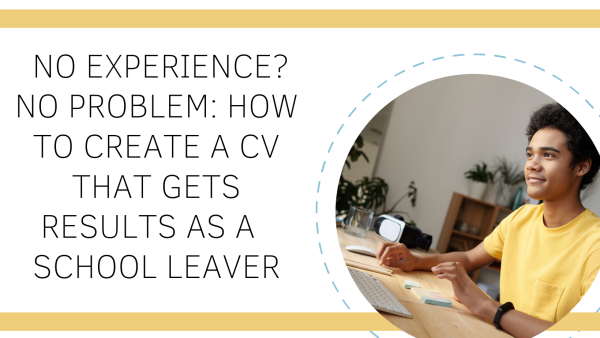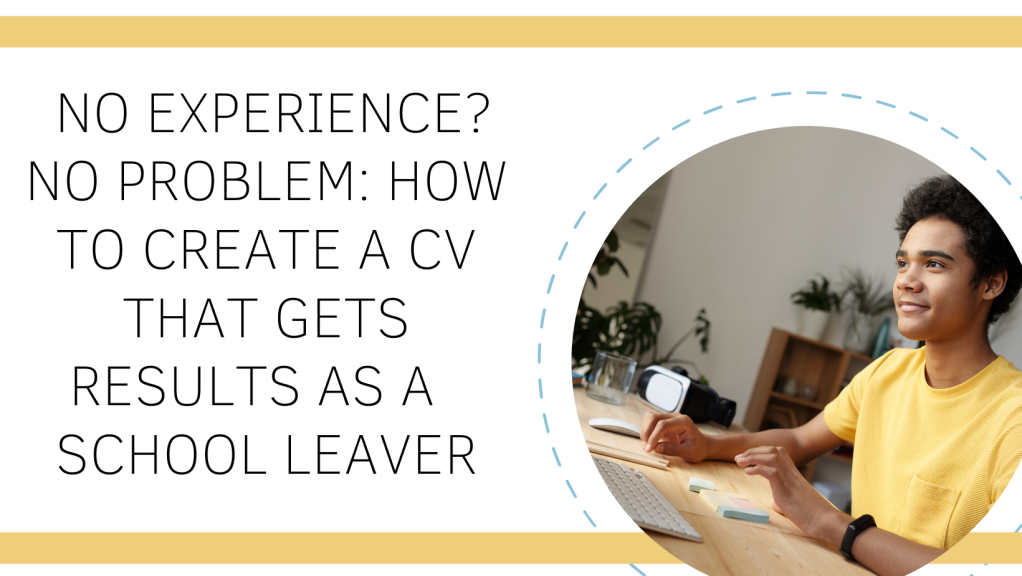As a school leaver, deciding on the right career path can be overwhelming. With so many industries and sectors to choose from, it can be challenging to know where to start. In this post, we’ll take a look at the top 20 industries and sectors that school leavers commonly start their careers in and suggest some suitable universities for each industry.
- Accounting and Finance: The University of Warwick has a highly respected Accounting and Finance program, as does the University of Manchester and the London School of Economics.
- Advertising and Marketing: For Advertising and Marketing, the University of Leeds, the University of Manchester, and the University of Nottingham are all excellent options.
- Agriculture: The University of Reading is known for its strong agricultural program, as is Harper Adams University.
- Arts and Culture: The University of Edinburgh and the University of Glasgow are two well-regarded options for those interested in pursuing a career in Arts and Culture.
- Business: The University of Bath, the University of Leeds, and the University of Manchester are all excellent choices for those looking to start a career in business.
- Construction: The University of Surrey, the University of Nottingham, and the University of Leeds all have highly respected construction programs.
- Education: For those interested in Education, the University of Durham, the University of Exeter, and the University of Nottingham are all highly regarded institutions.
- Engineering: Imperial College London, the University of Manchester, and the University of Bristol are all highly respected universities for Engineering.
- Environmental Management: The University of Leeds, the University of East Anglia, and the University of Exeter all have highly regarded Environmental Management programs.
- Healthcare: The University of Bristol, the University of Leeds, and the University of Manchester all have highly respected programs for Healthcare.
- Hospitality and Tourism: For those interested in Hospitality and Tourism, the University of Surrey, the University of Leeds, and the University of Birmingham are all excellent choices.
- Information Technology: The University of Warwick, the University of Manchester, and the University of Nottingham are all highly respected universities for Information Technology.
- Law: The University of Durham, the University of Bristol, and the University of Nottingham are all highly regarded institutions for Law.
- Media and Communications: The University of Leeds, the University of Nottingham, and the University of Sheffield all have highly respected Media and Communications programs.
- Pharmaceuticals: The University of Manchester, the University of Nottingham, and the University of Bristol are all excellent choices for those interested in pursuing a career in Pharmaceuticals.
- Politics: The University of Oxford, the University of Manchester, and the London School of Economics are all highly respected universities for Politics.
- Public Relations: The University of Leeds, the University of Manchester, and the University of Nottingham all have highly regarded Public Relations programs.
- Retail: The University of Leeds, the University of Manchester, and the University of Nottingham are all excellent choices for those looking to start a career in Retail.
- Science: The University of Warwick, the University of Manchester, and Imperial College London are all highly respected universities for Science.
- Social Work: The University of Bristol, the University of Leeds, and the University of Manchester all have highly respected programs for Social Work.
In conclusion, the industries and sectors listed above provide a starting point for school leavers interested in exploring their career options. While Oxford and Cambridge universities are highly regarded for many fields, there are many excellent universities in the UK that offer top-quality programs in a variety of industries and sectors. If you want to do more research, I have posted about “The Top 10 UK University Search Engines for School Leavers” I hope that it helps.
#NavigatingYourCareer #CareerPaths #UniversityOptions #SchoolLeaversUK #TopIndustries #UKUniversities #FutureCareers #ChoosingYourPath #ExploringOptions #navigatingyourcareer








